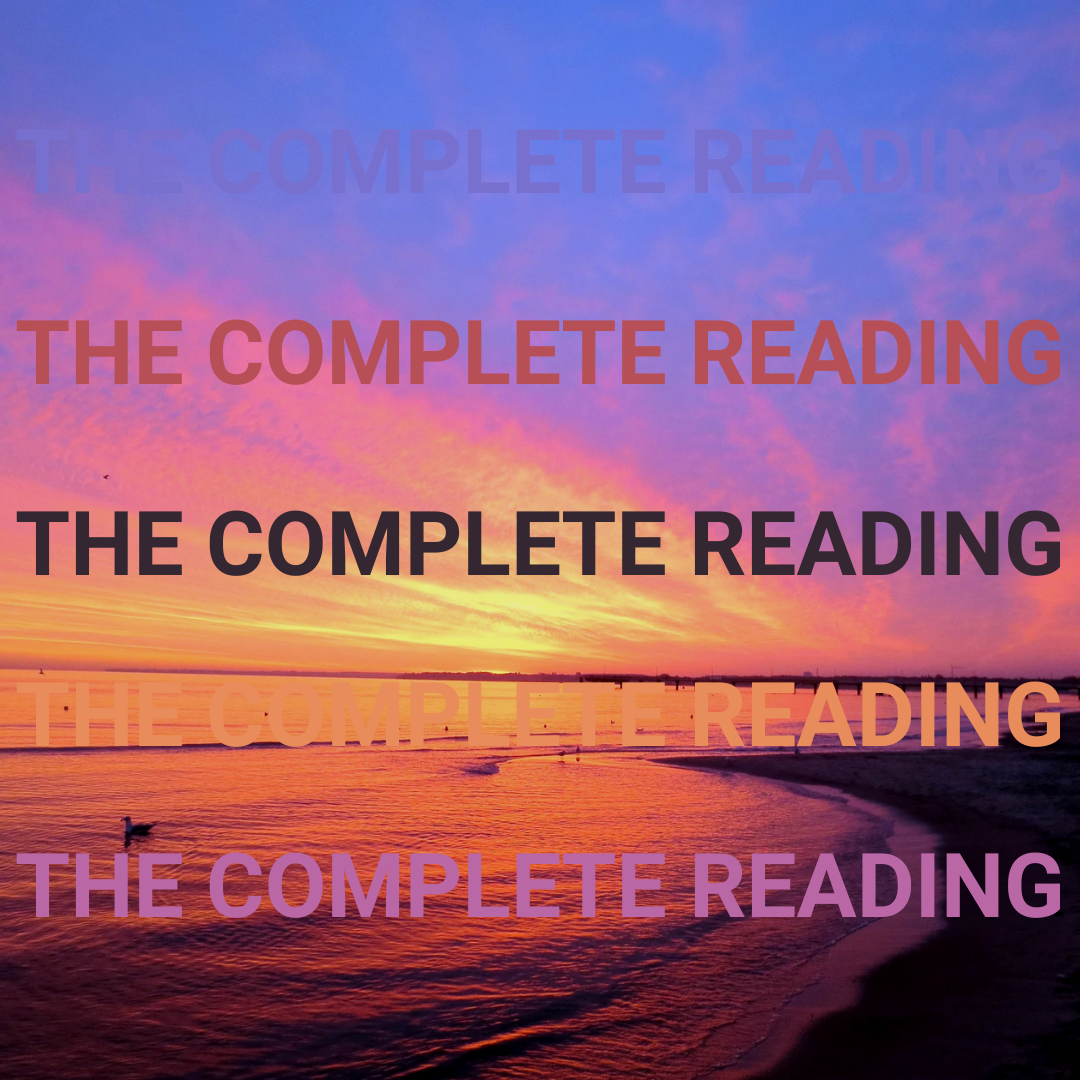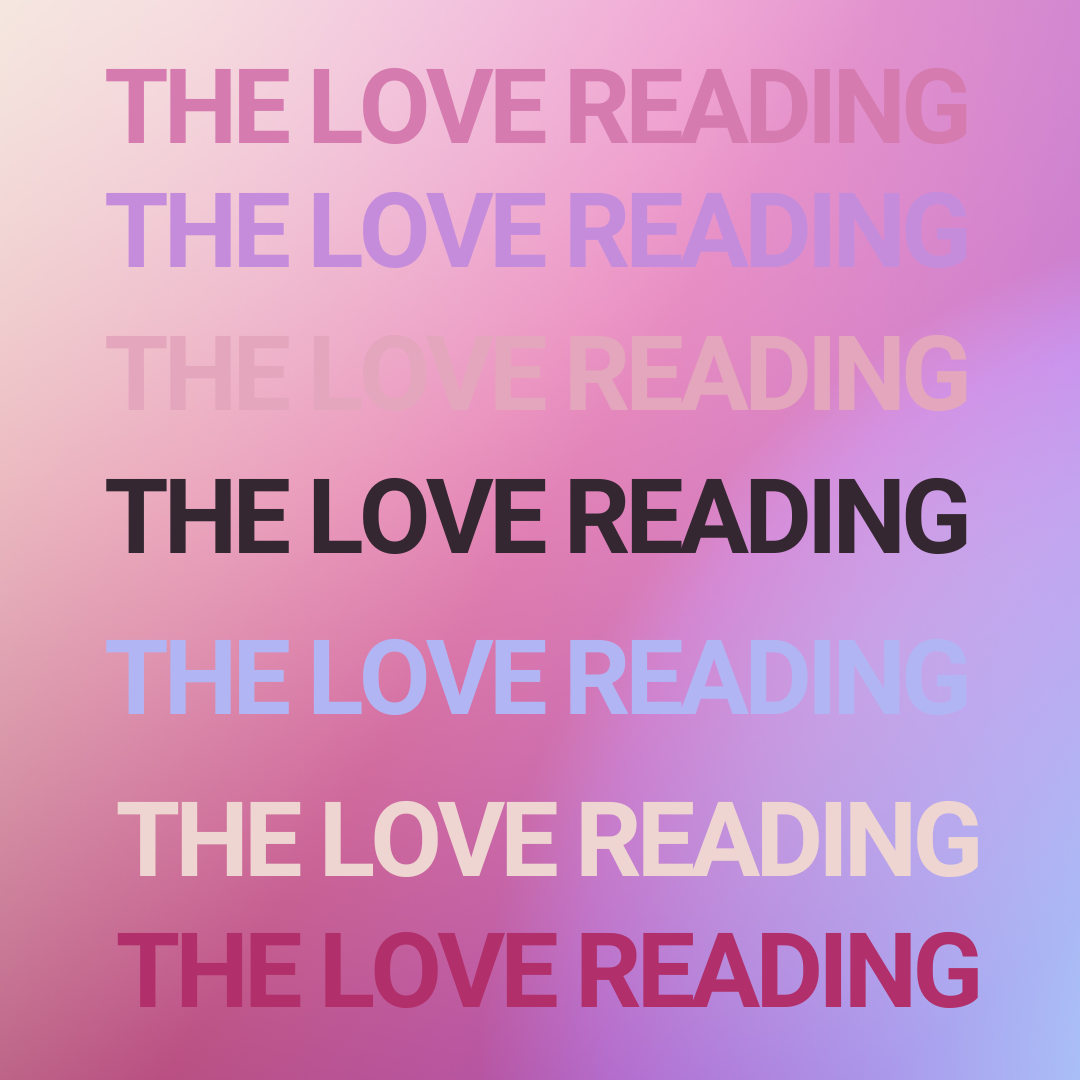Astrology has long been a captivating field of study, offering insights into the intricate workings of the universe and its influence on our lives. While Western astrology has gained widespread popularity, the ancient art of Vedic astrology, rooted in the rich traditions of India, presents a distinct and fascinating perspective. In this blog post, we'll delve into the world of Vedic astrology, exploring its origins, key differences from Western astrology, and the unique principles that make it a powerful tool for self-discovery and life guidance.
The Roots of Vedic Astrology
Vedic astrology, also known as Jyotish, is an ancient Indian system of astrological study that has been practiced for thousands of years. Its origins can be traced back to the Vedas, the sacred texts of Hinduism, which contain detailed knowledge about the cosmos and its influence on human life. Vedic astrology is deeply rooted in the belief that the movements and positions of celestial bodies, such as planets and stars, have a profound impact on our lives, shaping our personalities, relationships, and life events.
Unlike Western astrology, which is primarily based on the tropical zodiac, Vedic astrology relies on the sidereal zodiac, which is aligned with the actual positions of the constellations in the sky. This fundamental difference in the zodiac system leads to distinct interpretations and predictions, often resulting in varying assessments of an individual's astrological profile.
Key Differences Between Vedic and Western Astrology
One of the most significant differences between Vedic and Western astrology lies in the calculation methods used. Vedic astrologers employ a more precise and complex system of calculations, taking into account factors such as the position of the planets at the time of birth, the lunar mansions (Nakshatras), and the planetary periods (Dashas). This attention to detail allows Vedic astrologers to provide more accurate and personalized readings.
Another crucial distinction is the emphasis placed on karma and reincarnation in Vedic astrology. Vedic astrologers believe that our current life is shaped by the actions and choices we made in our past lives, and that understanding our karmic patterns can help us navigate the present more effectively. This philosophical underpinning sets Vedic astrology apart from its Western counterpart, which tends to focus more on the immediate circumstances and personality traits.
The Principles of Vedic Astrology
At the core of Vedic astrology lies the belief that the birth chart, or Janma Kundali, is a powerful tool for understanding an individual's life path. This detailed map of the heavens at the time of one's birth is meticulously analyzed by Vedic astrologers, who use it to uncover insights into a person's personality, strengths, challenges, and the timing of significant life events.
Another unique aspect of Vedic astrology is the concept of Nakshatras, or lunar mansions. These 27 (or 28, depending on the tradition) celestial segments are believed to have distinct energetic qualities that influence an individual's temperament and life experiences. Vedic astrologers also place great importance on the planetary combinations, or Yogas, that form in the birth chart, as these combinations are thought to shape an individual's destiny in profound ways.
Vedic Astrology in Modern Life
Despite its ancient roots, Vedic astrology remains highly relevant in the modern world. Many individuals turn to Vedic astrologers for guidance on a wide range of life decisions, from career choices and relationship compatibility to the timing of important events. The precision and depth of Vedic astrological analysis can provide valuable insights that help people navigate the complexities of their lives with greater clarity and confidence.
Moreover, the principles of Vedic astrology are increasingly being applied to address contemporary challenges, such as personal growth, stress management, and even business strategy. As more people seek holistic approaches to understanding themselves and the world around them, the timeless wisdom of Vedic astrology continues to captivate and inspire.
Conclusion
In the vast and fascinating realm of astrology, Vedic astrology stands out as a unique and profound system of knowledge. By delving into its ancient origins, key differences from Western astrology, and the core principles that underpin its practice, we can gain a deeper appreciation for the richness and complexity of this ancient art.
Whether you're a seasoned astrology enthusiast or simply curious about the intricacies of the cosmos, exploring Vedic astrology can open up new avenues for self-discovery and life guidance. As we continue to unravel the mysteries of the universe, the insights offered by Vedic astrology remain a valuable and enduring resource for those seeking to navigate the complexities of the human experience.






Leave a comment
This site is protected by hCaptcha and the hCaptcha Privacy Policy and Terms of Service apply.